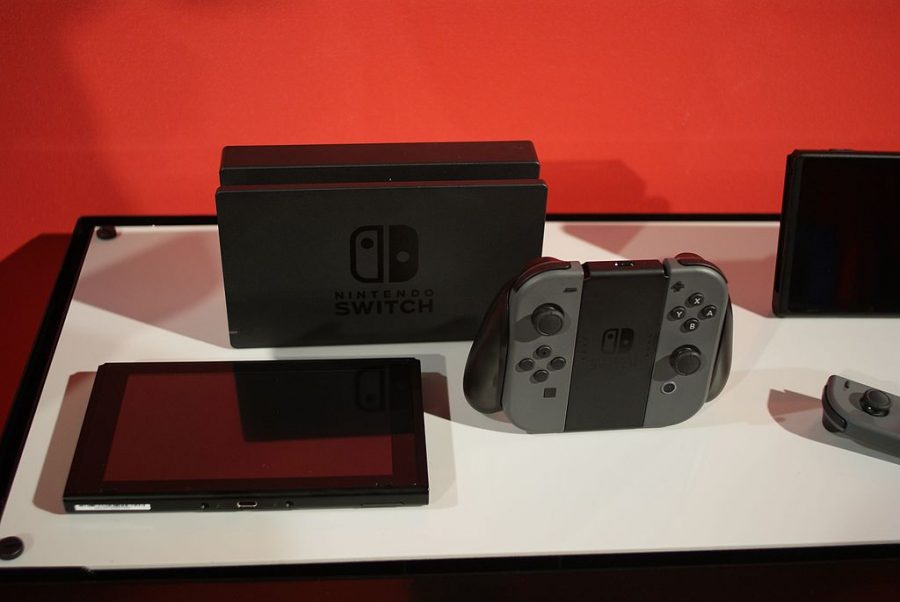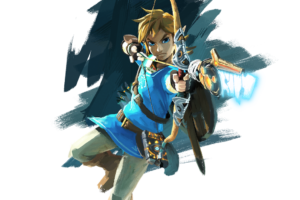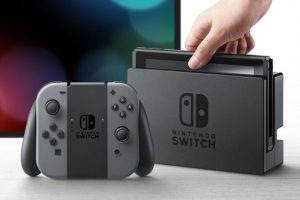Nintendo has a lot riding on the success of the Nintendo Switch. After dominating in sales for the first half of the Nintendo Wii‘s existence, Nintendo’s console ambitions have, for a variety of reasons, been in decline, culminating in the ultimate failure of the Wii’s follow-up, the Wii U. Similarly, while Nintendo reached unprecedented sales heights with the DS handheld series, sales of its follow-up series, 3DS, although ultimately a success, have paled in comparison to previous Nintendo handhelds in the face of consumers turning ever more to their smartphones (and, to a lesser degree, tablets). So where does leave the hybrid Switch?
The Switch needs to create its own relative niche and thrive from there. While I have agreed and continue to agree that, despite Nintendo’s protests, this is indeed the successor to the Wii U and 3DS, the latter, dedicated mobile gaming, is not necessarily a potential growth market (in fact, just the opposite). With that said, if it even sold only half as much as the 3DS series, that alone would get it to at least 30 million units, which would get the Switch to Nintendo 64 levels of sales. Perhaps add in Wii U-like console sales performance, and that gets us to over 40 million units sold. That’s still about 10 million units less than the PS4has sold in a little over 3 years, but a bit more than the Xbox One has sold in roughly the same amount of time. That’s probably good enough for a viable third place (the aforementioned thriving relative niche) for the Switch, especially if sales levels remain reasonably consistent on the way to that number.
We know that the PS4 initially sold well in its first year or so mostly on promise rather than compelling content, and that Xbox One sales were initially retarded my Microsoft bungling the marketing message and holdover from their original intentions for the console that they eventually fully reversed course on, etc. Both companies have respectively recovered from said deficiencies and continue to thrive, including with an incremental upgrade console plan that has seen little consumer backlash and positions them well for continued future sales. In terms of the Switch, Nintendo has a content issue, and it looks like the usual major third parties are taking a mostly wait-and-see approach, so they’d need some of that PS4 magic and initially sell as much on promise as on content (keeping in mind, Zelda, Splatoon, Mario, etc., will help, and that’s something Sony didn’t really have). And a la Microsoft, they’ll have to carefully manage their marketing message and change course when necessary, e.g., Nintendo presently promising a subscription online Switch service with suspect value.
So, what are my thoughts? While I’m a supporter of the concept (and buyer of the actual Switch system), I do fear Wii U-like ennui from buyers, particularly if, like previous Nintendo consoles, third party software support seriously lags. The Switch concept is wonderfully versatile, but the big question is will the average consumer think it’s wonderful, especially in regards to the portable nature of the unit. In other words, does the average consumer really want a portable device that’s not their smartphone (or, sometimes, their tablet)? I’m not necessarily convinced they do, but hope that I’m wrong. If I’m not wrong, then we’ll have another Wii U on our hands, and who knows where Nintendo can go from there, at least when it comes to the traditional videogame market.






 Your total news and information resource for all things Science, Technology, Engineering / Mathematics, Art, and Medicine / Health.
Your total news and information resource for all things Science, Technology, Engineering / Mathematics, Art, and Medicine / Health.
Leave a Comment